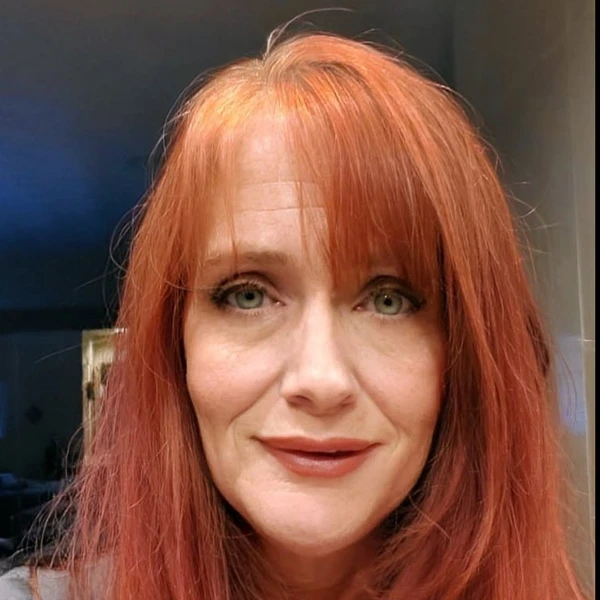
misti mitchell
2,571
Bold Points1x
Finalist
misti mitchell
2,571
Bold Points1x
FinalistBio
Education
Arizona State University Online
Bachelor's degree programMajors:
- Mental and Social Health Services and Allied Professions
- Clinical, Counseling and Applied Psychology
- Psychology, General
- Psychology, Other
Minors:
- Criminal Justice and Corrections, General
- Criminology
Tyler Junior College
Associate's degree programMajors:
- Registered Nursing, Nursing Administration, Nursing Research and Clinical Nursing
Miscellaneous
Desired degree level:
Doctoral degree program (PhD, MD, JD, etc.)
Graduate schools of interest:
Transfer schools of interest:
Majors of interest:
- Psychology, Other
- Psychology, General
- Research and Experimental Psychology
- Clinical, Counseling and Applied Psychology
- Criminology
- Mental and Social Health Services and Allied Professions
Career
Dream career field:
Mental Health Care
Dream career goals:
My dream career is to work in forensic and community mental health, where I can support individuals who are often overlooked, misunderstood, or underserved. I want to provide trauma-informed care to people impacted by mental illness, addiction, or involvement in the criminal justice system. My long-term goal is to advocate for more accessible and compassionate mental health resources, especially for vulnerable populations like the homeless and those affected by systemic inequality. In addition to direct care, I’m passionate about research—specifically examining how mental illness is handled within the criminal justice system, with a focus on the psychological effects of solitary confinement. I want my research to contribute to policy changes that prioritize mental health treatment over punishment and reduce the use of practices that further deteriorate psychological well-being. My personal experiences with loss and resilience have shaped my understanding of how vital proper mental health care is, and I’m committed to using both clinical practice and research to drive meaningful change in the systems that often fail those who need support the most.
Research
Psychology, Other
Arizona State University — Author2024 – Present
Arts
Richardson Community Theater
Acting2018 – Present
Public services
Volunteering
Dallas Children’s Advocacy Center — Volunteer2017 – 2021Volunteering
USA Missing — Founder2005 – PresentVolunteering
Homeless and Mental Health Outreach — Volunteer2017 – Present